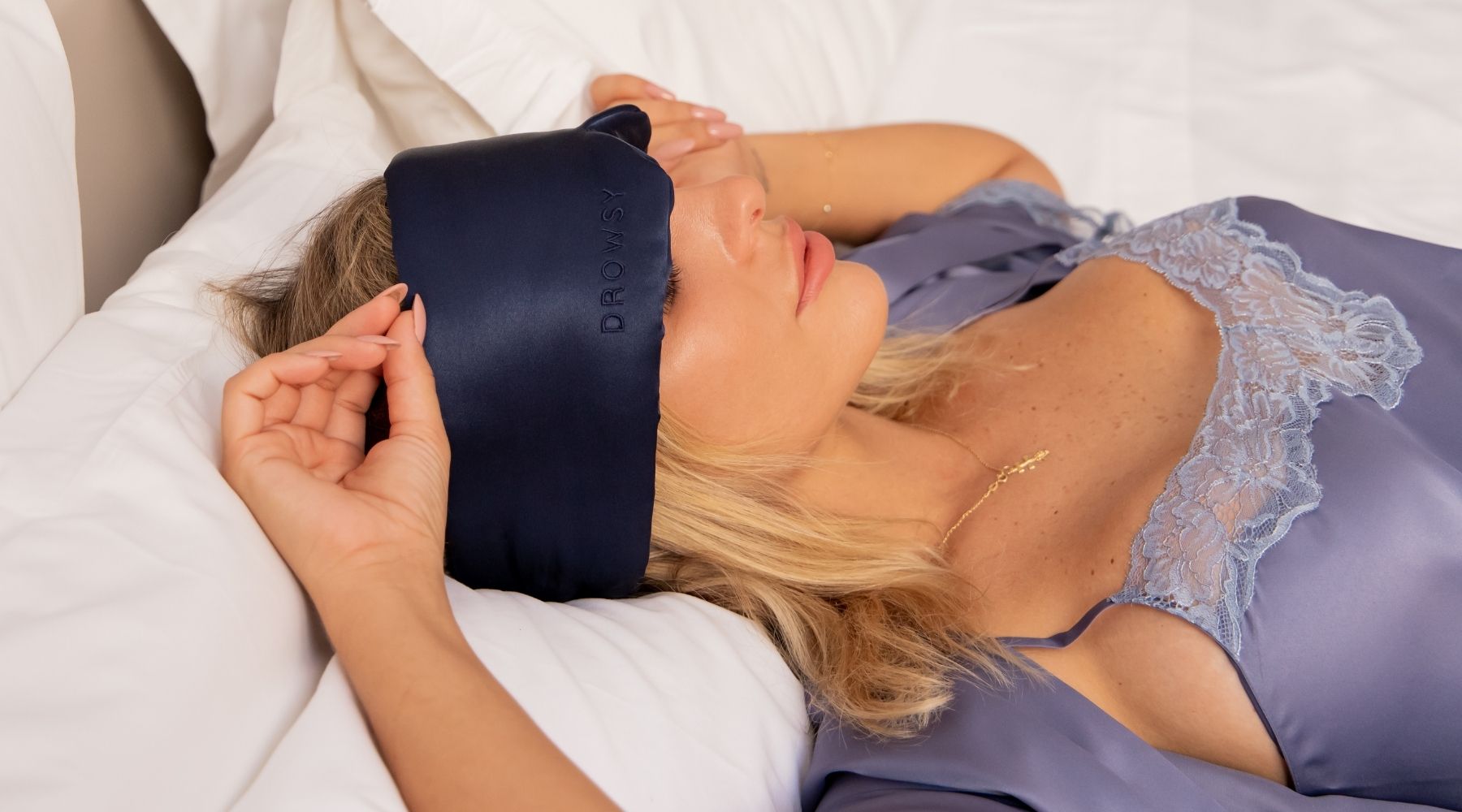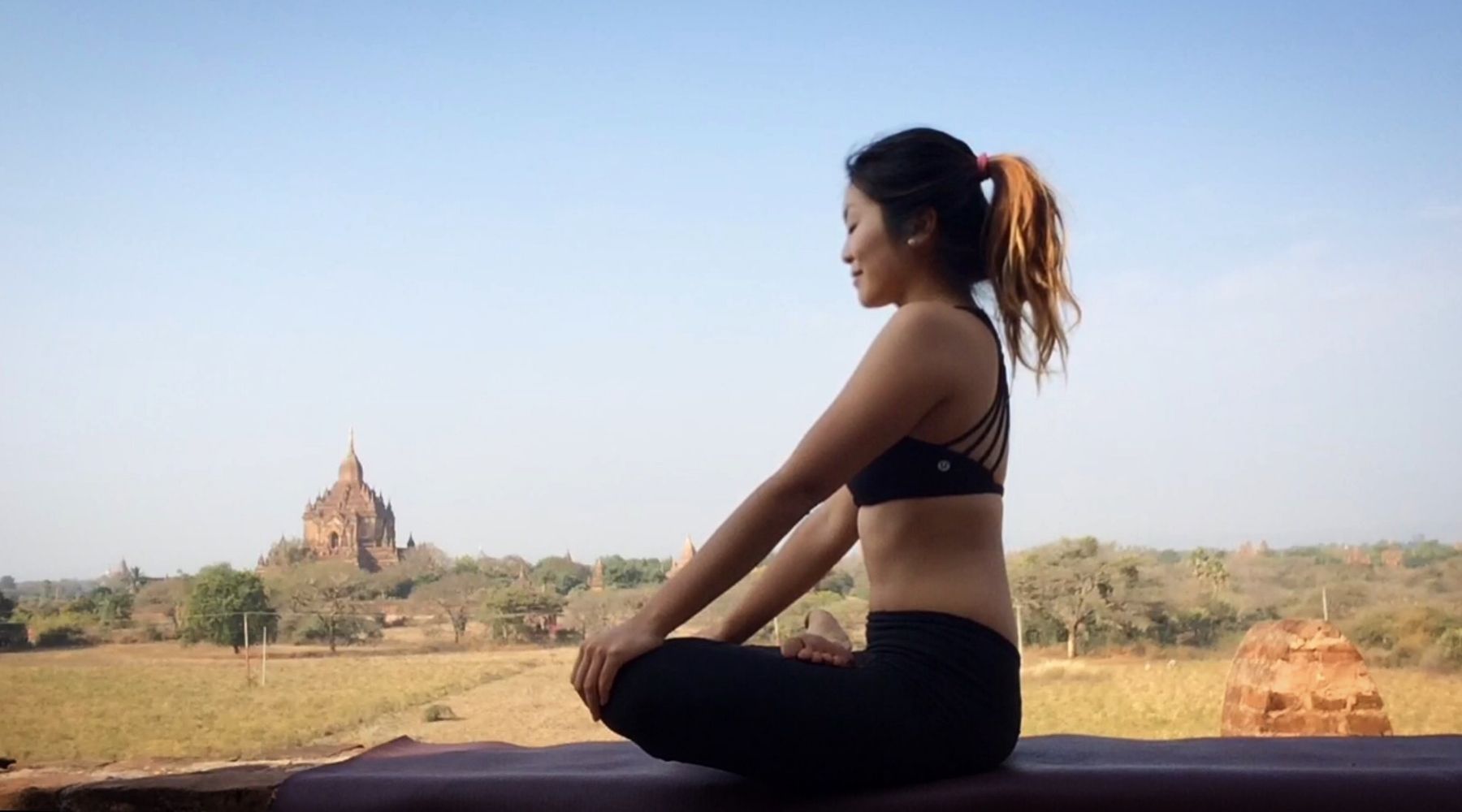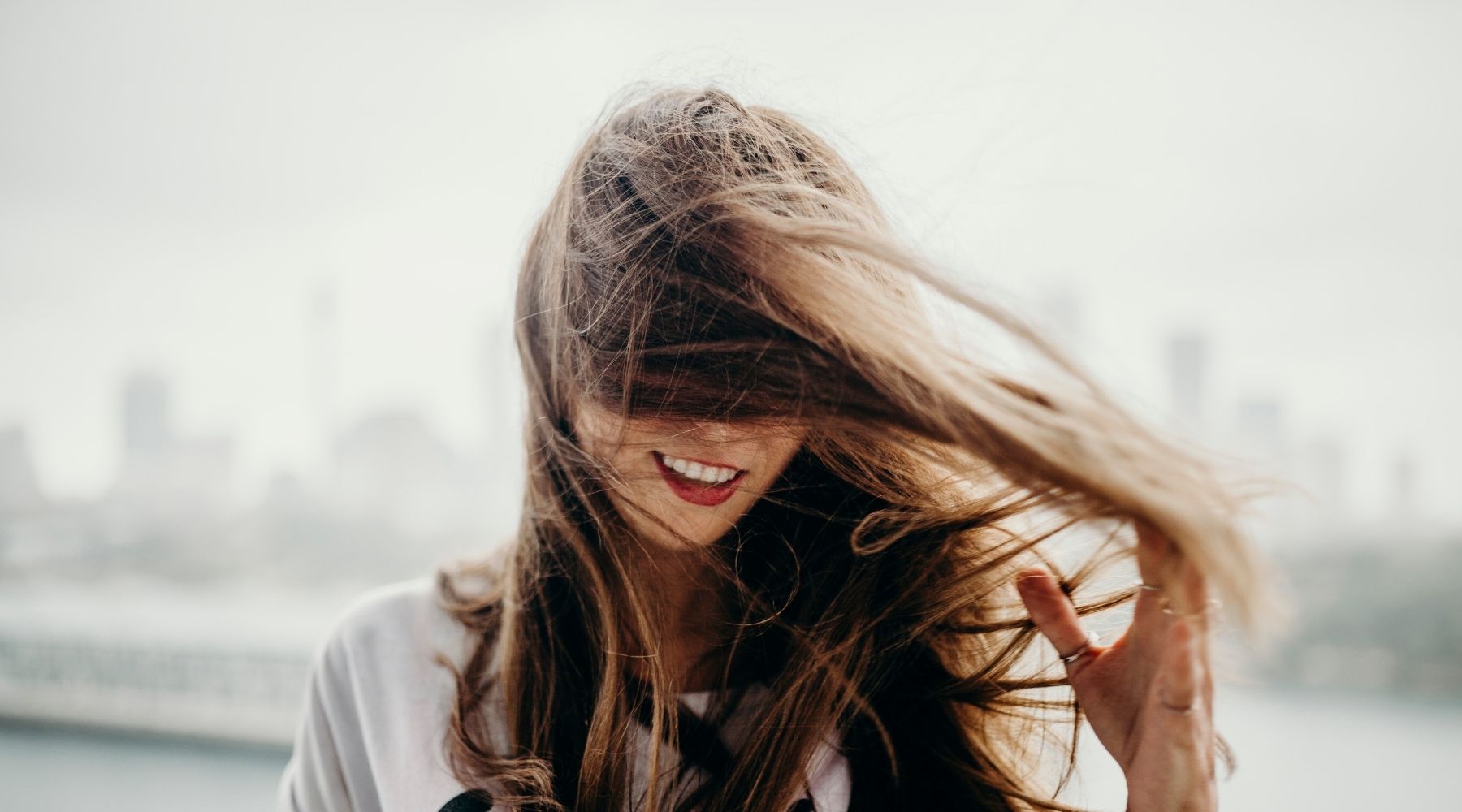
The secret to the best skin of your life may just surprise you
Here at Drowsy, it's no surprise that we're (seriously) enthusiastic about sleep. I mean, who wouldn't be? It's free and available every single night!
We've all heard it before: getting enough sleep is the cornerstone of a healthy body and mind eye-roll. But what if we told you that sleep could also work wonders for your skin [1]? Yes, you read that right. One of the best-kept secrets to achieving better skin is as simple as catching some extra Z's!
You might already have a dedicated skincare routine in place, but are you truly prioritizing getting 7 to 9 hours of quality shut-eye each night, minimum [2]? Your skin, being your body’s largest organ, craves those additional (sleep) hours to complement your existing routine, resulting in that coveted I-woke-up-like-this glow [3].
Below, we outline the most compelling reasons to make sleep a non-negotiable when it comes to maintaining top-notch skin health. Because let’s be real, they don't call it beauty sleep for nothing...
Lack Of Sleep Can Cause Acne
Stress = acne flare ups. The End...
Joking aside, skimping on sleep can lead to serious stress, which plays a major role in acne outbreaks. Stress prompts our body to produce higher levels of cortisol, which can cause inflammation [4], a known precursor to acne. When you mix this with skin that's already prone to blemishes, the result can be a vicious cycle of worsening skin issues. It underscores the crucial link between getting enough rest and maintaining skin health, illustrating why proper sleep is vital for those with sensitive skin.
Your Skin Becomes Imbalanced
A restful night's sleep is when your body is most efficient at conducting its internal housekeeping. This crucial period is used for clearing out dead blood cells, fostering the creation of new ones, and eliminating toxins up to 60% more effectively, contributing to that radiant #GLOW. Skimping on sleep hinders these essential rejuvenation processes, leading to a decrease in skin’s pH levels and a reduction in moisture production. The result? Skin that appears dehydrated, dull, and inflamed, marked by an unwelcome redness.
TOP TIP: If your skin seems excessively thirsty after applying your usual products, take it as a clear indication to boost your hydration intake and prioritize quality sleep in your daily regimen—or, ideally, both.
You Begin To Look (Really) Tired
Skipping necessary sleep not only feels exhausting but also visibly manifests as tiredness. Habitually minimizing sleep fast-tracks the appearance of under-eye bags, dark circles, and puffiness, creating challenges in reversing these signs.
Earlier, we highlighted dehydration; interestingly, the scant moisture that your skin conserves might gather under your eyes, exacerbating puffiness and giving rise to 'panda eyes.' It underscores the importance of a good night's sleep in keeping such undesirable effects at bay and supporting overall skin health.
TOP TIP: for a de-puffing emergency the Tired Eye Repair Vegan Collagen Gel can target tired eye symptoms naturally and effectively.
Your Skin Ages Faster
The downside of missing out on adequate sleep doesn't stop at just feeling tired; it significantly impacts your skin's aging process. Recent research has revealed that poor sleep quality is linked to increased signs of aging in the skin, such as more visible wrinkles and fine lines. Moreover, those who struggle with sleep also show a slower response in healing from environmental assaults, including compromised skin barriers and damage due to UV radiation.
Emphasizing the importance of sun protection is hardly necessary, but realizing that a lack of sleep can amplify the detrimental effects of sun exposure should serve as a compelling reason to never skimp on SPF application, aiming for promptness that rivals Usain Bolt's speed.
The Bottom-line?
Keeping it short and sweet, healthy sleep clearly promotes healthy skin. Don't know about you but we've booked a ticket to bed-fordshire! Now, where did we put our Drowsy Silk Sleep Mask?!
[1] Source: ‘Why Lack Of Sleep Is Bad For Your Health’, NHS UK, 30/05/2018
[2] Source: ‘National Sleep Foundation’s Sleep Time Duration Recommendations’, National Library Of Medicine, March 2015
[3] Source: ‘The Skin Microbiome’, National Library Of Medicine, Aug 2011
[4] Source: ‘How Sleep Affects the Health and Appearance of Your Skin’, 11/05/2021
[5] Source: ‘Sleep For Success’, Dr. James B. Maas
[6] Source: Clinical Trial Commissioned by Estee Lauder, University Hospitals (UH) Case Medical Centre






